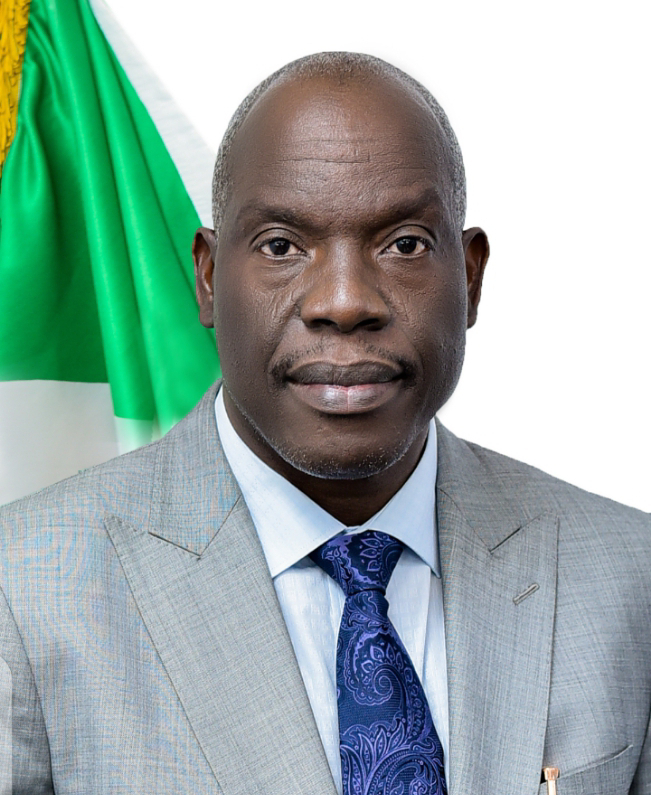By Solomon Asowata
An oil and gas expert, Mr James Gooder, has advised the Federal Government to remove subsidy on Premium Motor Spirit (PMS), petrol, in order to discourage smuggling of the product across Nigeria’s borders.
Gooder, Vice President, Crude and African Markets, Argus Media, United Kingdom, gave the advice while speaking at a virtual media workshop organised by the Major Oil Marketers Association of Nigeria (MOMAN) on Thursday.
The News Agency of Nigeria (NAN) reports that the Federal Executive Council had approved N3 trillion for subsidy on PMS in 2022.
He said the ongoing war between Russia and Ukraine had led to a surge in crude oil prices at the international market with Brent Crude currently trading at over 120 dollars per barrel.
According to him, while the landing cost of PMS, also known as petrol is currently above N400 per litre, the government is spending huge amounts subsidising the product to retail at N165 per litre.
He said: “Capped retail prices for PMS may be popular, or even expected,
among those that can afford to own a car.
“But current delivered prices for PMS are around three times as high as the pump price. Is this sustainable? Is financing this the best use of Nigerian taxpayers’ money?
“There is an unfortunate but clear incentive to smuggle subsidised
fuel out of Nigeria to neighbouring countries where retail prices are higher.”
Gooder said Nigeria and her West African neighbours lacked sufficient regional refining capacity and imported majority of their PMS from Europe.
“In a global market, product flows are directed by price. Nigeria is competing with other destinations for products.
“But even if Nigeria had sufficient refining capacity with the coming on stream of the 650,000BPD Dangote Refinery and others, it would still be in a competitive market and exposed to import parity prices,” he said.
Gooder said the government should engage the media and the citizens on the need to allow market forces to determine the price of petrol in the country.
He said in the longer term, government could improve public transport and attract investment for infrastructure – whether refining or storage and distribution.
Gooder, however, noted that the crude oil market was volatile and unpredictable, stressing that the measures were only aimed at mitigating its impact on the ordinary citizens.
He explained that the increase in prices of diesel and aviation fuel was higher than the increase in petrol prices globally because the supply of diesel and aviation fuel (middle distillates) was mainly from Russian refineries, which were currently under sanctions.
Gooder said petrol was from Northwestern Europe refineries, which was readily available.
He advised the Nigerian government to ensure that the right pricing benchmark was used to import PMS from Europe.
“In Europe, the Argus Eurobob daily price is the primary PMS benchmark
– ‘the Brent of gasoline.’
“80-90 per cent of Nigeria’s gasoline imports are priced on Argus Eurobob along the supply chain.
“Argus publishes prices in all other source regions for comparison, as
well as delivered to Nigeria.
“The price used for delivery into Nigeria is still often 95 RON – leading to price distortions.
“This may benefit international traders, but it never benefits importers, consumers or taxpayers because it is inflated,” said Gooder.
Mr Clement Isong, Executive Secretary, MOMAN, said the distribution margin for marketers was very small despite their huge investment in the oil and gas industry.
He said: “The backbone of distribution is based on diesel, from transport (vessels and trucks) to energy costs (depots and stations). This affects not just petrol distribution but also the distribution of aviation fuel.
“Total distribution margin under the current PMS pricing template accounts for 11.5 per cent of the PMS pump price despite significant increase in costs.
“Operators are struggling along the supply chain to get petrol out of the nuzzles into the cars, which is difficult to sustain.” (NAN) (www.nannews.ng)











